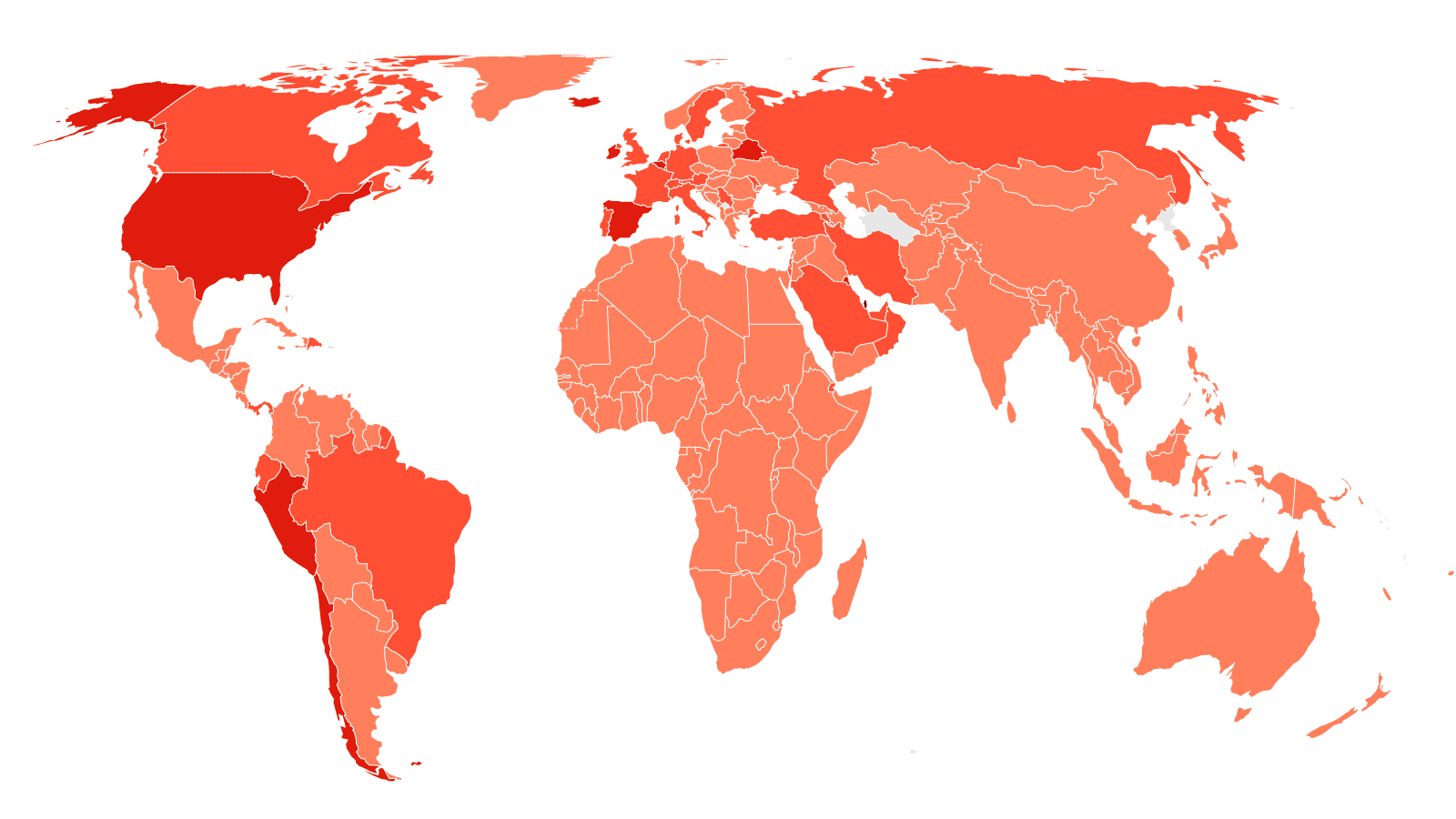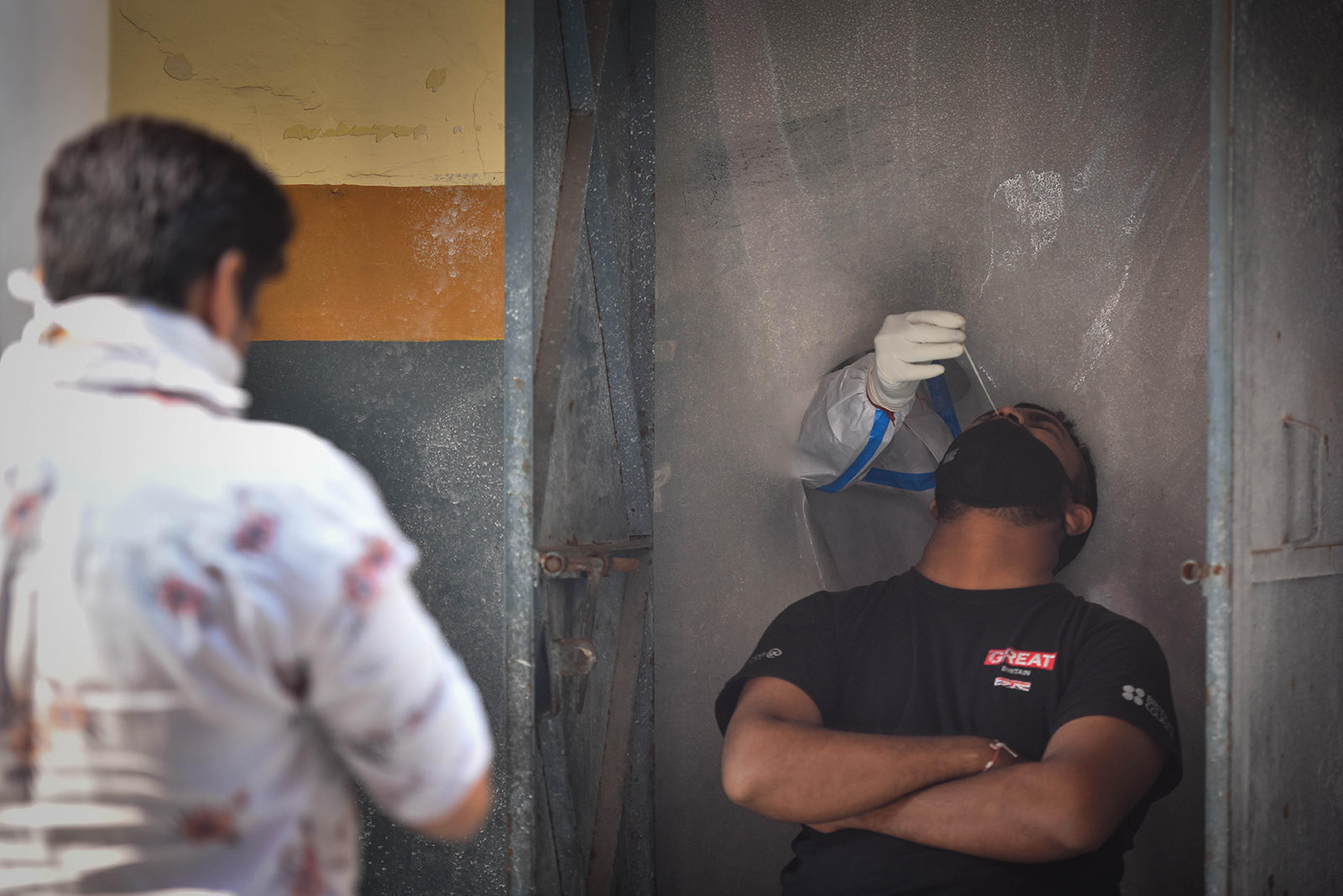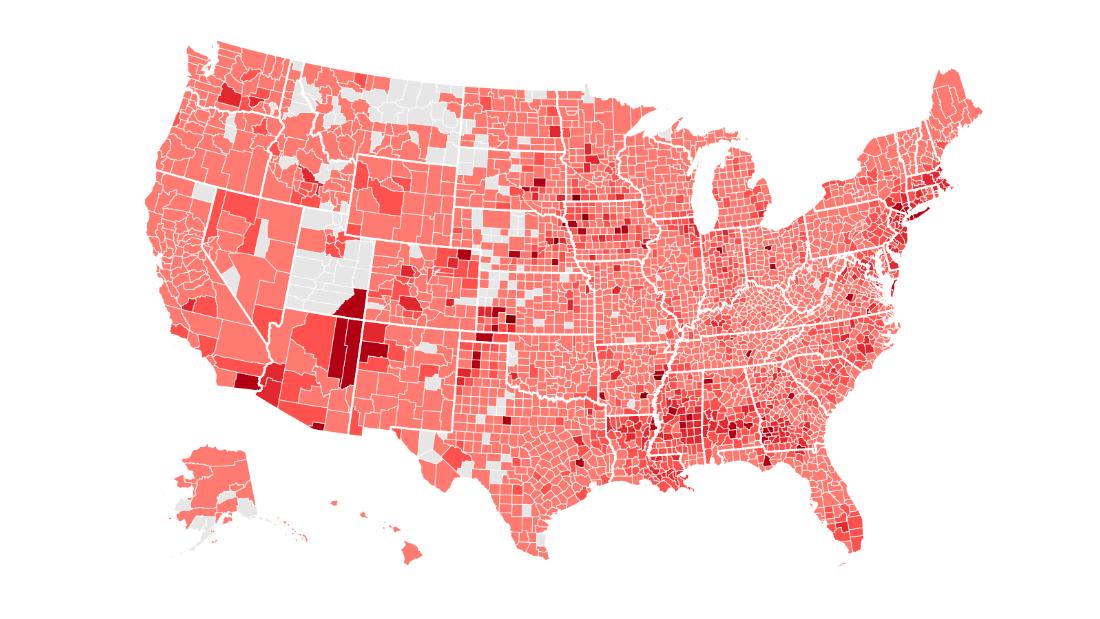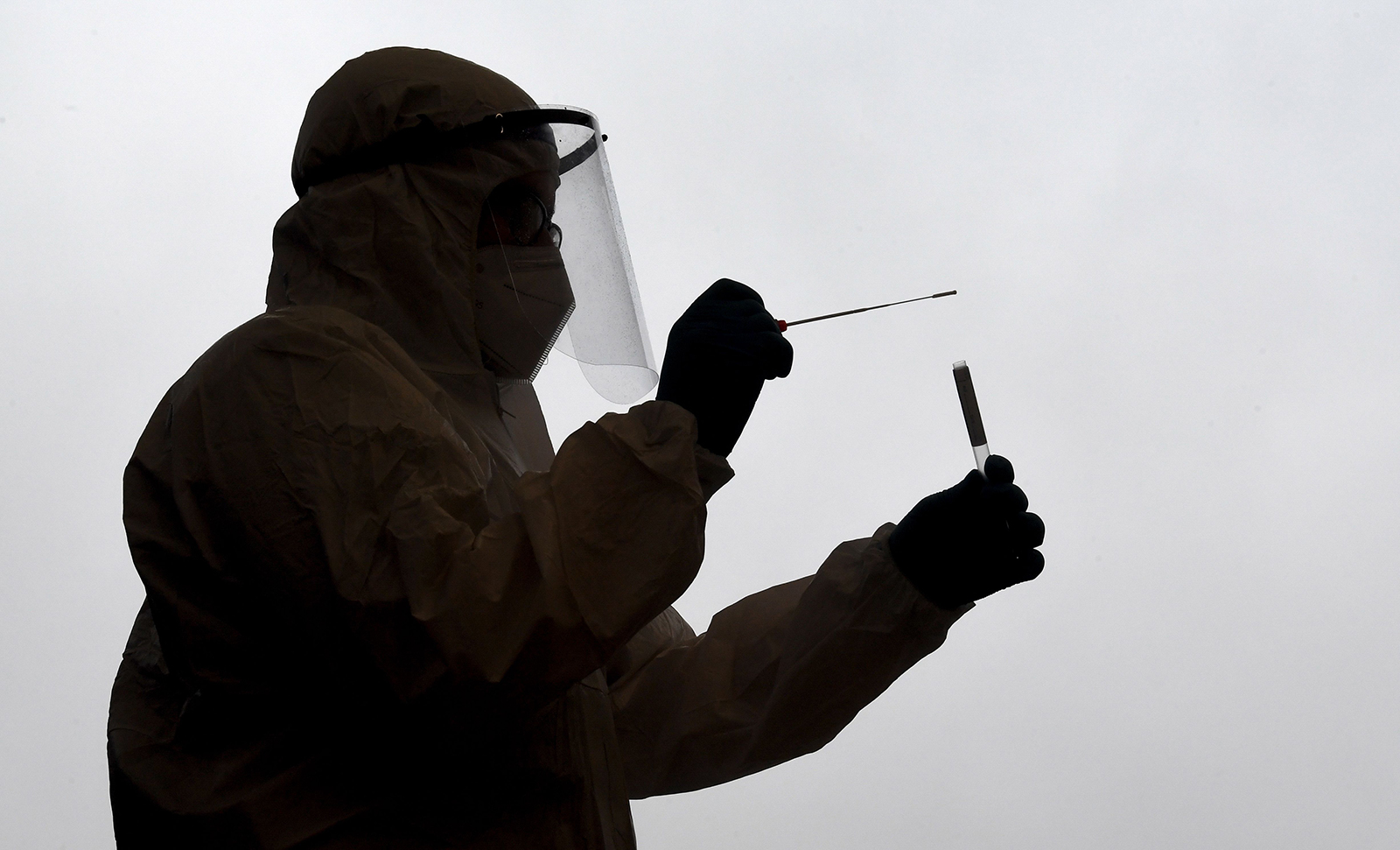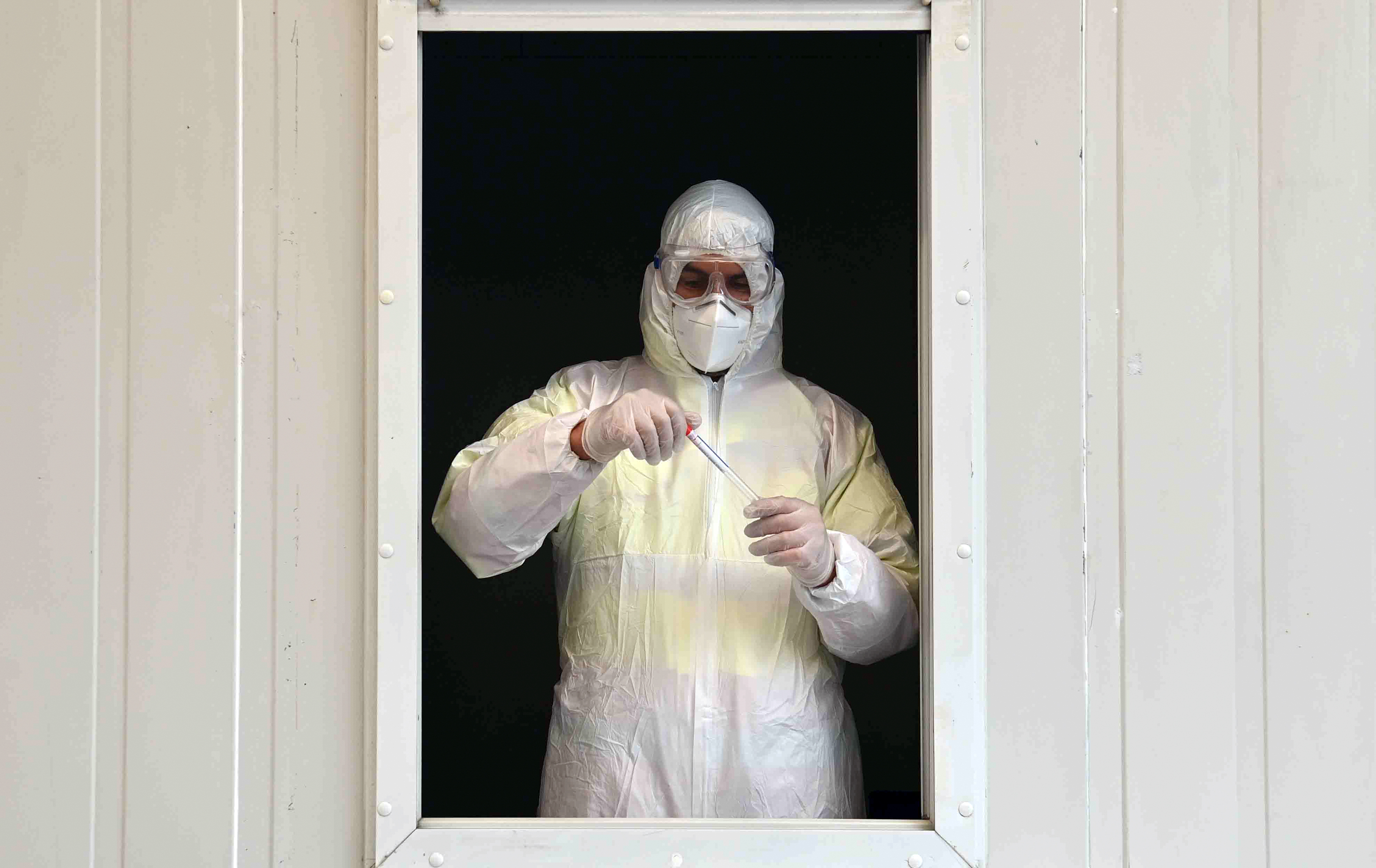
Countries across Europe are reporting record high numbers of new Covid-19 cases, as hospitalizations and intensive care admissions climb. Meanwhile, new lockdown restrictions are imposed in some parts of the continent this week. Here is what you need to know:
Greece
Greece will enter a three-week national lockdown starting on Saturday after the country saw almost 10,000 new coronavirus cases in just five days, Greek Prime Minister Kyriakos Mitsotakis announced Thursday. He said the exponential increase in coronavirus cases and increase in hospitalizations and patients in ICUs made this drastic measure necessary.
United Kingdom
England's new lockdown began at midnight, with the country struggling to curb the spread of the coronavirus. Across the UK, health authorities have recorded more than 1.1 million coronavirus cases and 47,000 virus-related deaths so far, according to a tally by Johns Hopkins University. It has the fifth-highest number of deaths in the world.
Poland
Poland on Thursday set another daily record for coronavirus infections, with 27,143 new infections in one day and 367 deaths. The total number of infections in Poland has reached 466,679, with the death toll currently at 6,842. On Saturday, Poland will implement further restrictions on schools and businesses to curb the spread of coronavirus.
Germany
Germany has reported 19,990 new coronavirus infections in the past 24 hours, the country’s disease control and prevention agency said on Thursday -- its highest single-day tally since the pandemic began. The related death toll also rose by 118, according to the Robert Koch Institute. Germany went into a partial lockdown on Monday with entertainment venues, bars, cafés, and restaurants shutting down, apart from takeout and delivery services.
Czech Republic
In neighboring Czech Republic, the health ministry reported 15,729 new coronavirus infections on Wednesday -- the country's highest single-day increase in cases since the pandemic began. Health authorities also reported 220 more virus-related deaths.
France
As of Wednesday, 4,080 Covid-19 patients were being treated in intensive care units in France, according to data from health officials. The last time there was this number of patients in ICU was in late April.
Earlier this week, the World Health Organization (WHO) said France has seen a "considerable escalation" in new coronavirus cases. "France accounted for the third-highest number of new cases globally, with more than 275,000 cases reported in the past week (4,200 cases per million population): that is a 27% increase from the previous week," WHO said Tuesday.
Russia
Russia reported more than 19,000 coronavirus cases for the first time on Wednesday -- a new record for daily increases -- according to the latest data from the country’s coronavirus response center. Russia has recorded a total of 1,693,454 coronavirus cases since the pandemic began, with at least 29,217 deaths officially reported by authorities.






